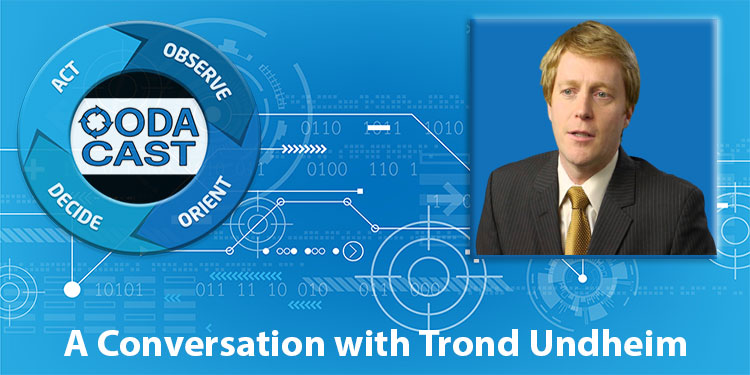Start your day with intelligence. Get The OODA Daily Pulse.
Start your day with intelligence. Get The OODA Daily Pulse.
Exponential innovation is causing exponential disruption
Exponential innovation is causing exponential disruption
Exponential innovation is causing exponential disruption
“Some of the federal government’s most critical agencies are falling down on database security with misconfigurations, vulnerabilities, and a lack of best practices, putting sensitive citizen and defense information at risk as a result, new government audits show. Just this week, the Office of the Inspector General (IG) found that the Department of Homeland Security…
“Hackers who have claimed responsibility for a spate of recent break-ins said on Friday that they had infiltrated the network of IRC Federal, an engineering contractor that works for federal agencies including the Federal Bureau of Investigation, and stole internal documents from its database and e-mail system.” (Source: AntiSec Hackers Hit F.B.I. Contractor – NYTimes.com.)
“The Obama administration is working to contain cybersecurity threats posed by software and hardware infrastructure built overseas, an official said Thursday.” (Source: U.S. infrastructure faces cyberthreats – UPI.com.)
“Hackers broke into the Washington Post Co’s jobs website in two incidents last month, affecting more than a million user IDs and emails, the company said on its website.” (Source: Hackers break into Washington Post jobs site | Reuters.)
” Targeted attacks are the trend in cyberspace. Six months ago, the world’s first cyber superweapon – Stuxnet – was discovered to be targeting Iran’s nuclear facilities. This week millions of e-mail addresses were reported stolen from Epsilon, a firm that supplies e-mail marketing to BestBuy, Disney, and many others. The two highlight a trend…
“The technical sophistication of cybercriminals is swamping the world’s ability to cope, a top U.S. official warned on Friday, demanding an accelerated cross-border campaign to combat the security threat. “ (Source: Cyber attacks outpace global response, U.S. warns | Reuters.)
“A new strain of the TDSS malware has been pegged as ‘the most sophisticated threat’ to computer security in the world today by a Kaspersky Labs researcher and is being used to slave more than 4.5 million PCs in a massive botnet that’s equipped with an ‘anti-virus’ to prevent other bot-creating viruses from taking it…
“Federal contractors whose information systems contain unclassified Defense Department information would have to safeguard that information from unauthorized access and notify DOD of any breaches under a proposed rule published today.” (Source: DOD wants contractors to safeguard unclassified info, report breaches — Federal Computer Week.)
“Computer security experts say they have detected what appears to be the world’s largest-ever computer ‘botnet,’ a network of millions of computers controlled clandestinely by a criminal cyber gang with roots in Eastern Europe.” (Source: Biggest-ever criminal botnet links computers in more than 172 countries – CSMonitor.com.)
“Hackers broke into a Gannett Co database containing personal information about subscribers to publications read by U.S. government officials, military leaders and rank-and-file soldiers, the media company said on Tuesday.” (Source: Cyber attack on Gannett targets U.S. soldiers – baltimoresun.com.)

Trond Undheim is a futurist, investor, consultant, executive, speaker, entrepreneur and podcaster. He produces widely impactful podcasts: Futurized, which tracks the underlying forces of disruption in tech, policy, business models, social dynamics and the environment, and Augmented, which reveals stories behind the new era of industrial operations.

Jeremy King is a trusted advisor to corporate boards and some of the nation’s most elite business leaders. He is also a serial connector helping move business information on opportunities at the intersection of talent, capital, entrepreneurs and business development. Jeremy is an entrepreneur himself, creating successful executive search firms and also a game-changing non-profit…

Lisa J. Porter has successfully lead some of the world’s largest and most critical technology efforts. Her career started with a focus on academic rigor in pursuit of some of the toughest degrees, a B.S. in Nuclear Engineering from MIT and a PhD in Applied Physics from Stanford. She would later lecture at MIT and…